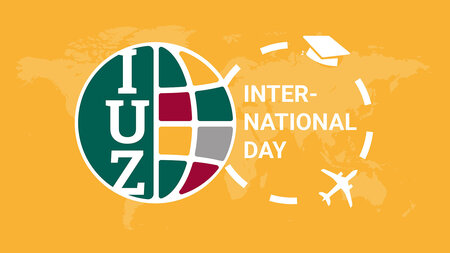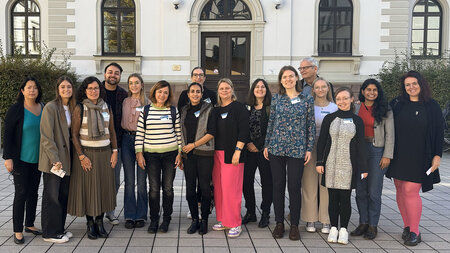Migration in Small and Medium-sized Towns:
Local narratives and their impact on migrants’ access to the labor market (NaMiK)
Background
Since the arrival of refugees in 2014/15, migration has become a key issue also for localities outside of major cities. Although debates on migration in small and medium-sized towns mostly focus on refugees, migration takes many forms in smaller localities as well, such as labor migration, family reunification or educational migration. The research project NaMiK evolves around the hypothesis that local narratives on migration decisively impact how local actors deal with and act towards different groups of migrants. Which groups of migrants are welcomed and who is addressed by local support structures and programmes depends largely on how migration is perceived and communicated locally.
To understand how narratives translate into action, the research project focuses on the field of the labor market. In this area, a considerable number of local actors from politics, administration, the private sector and civil society - each with their own logics and narratives - shape the access opportunities of different groups of migrants. Thus, the field of labor market proves relevant from two perspectives for this project: On the one hand, successful access to the labor market is deemed central in the arrival process of migrants, especially of refugees. On the other hand, labor migration is promoted politically and in the private sector against the backdrop of the shortage of skilled workers, especially in regions affected by demographic aging and shrinking.
Aim of the research project
The research project seeks to identify local narratives on migration in small and medium-sized cities and their impact on local action in the field of the labor market. Based on an analysis of how narratives on migration influence processes of inclusion and exclusion in the labor market, the project develops perspectives how local narratives can open up communities and strengthen participation for all citizens.
Following the 'local turn' in migration studies, the process understands migration as a process embedded in larger social developments and specific contextual conditions (e.g. demographic situation, regional embedding, administrative competencies or economic situation). By looking at the local community and different forms of migration, the project offers points of reference to post-migrant perspectives that seek to shift the focus in migration research from ‘studying migrants’ to comprehensive social research.
Project details
Projekt duration: May 2024 – April 2026
Funding: Bundesverband für Wohnen und Stadtentwicklung e.V. (vhw)
Project researcher: Dr. Friederike Enßle-Reinhardt





